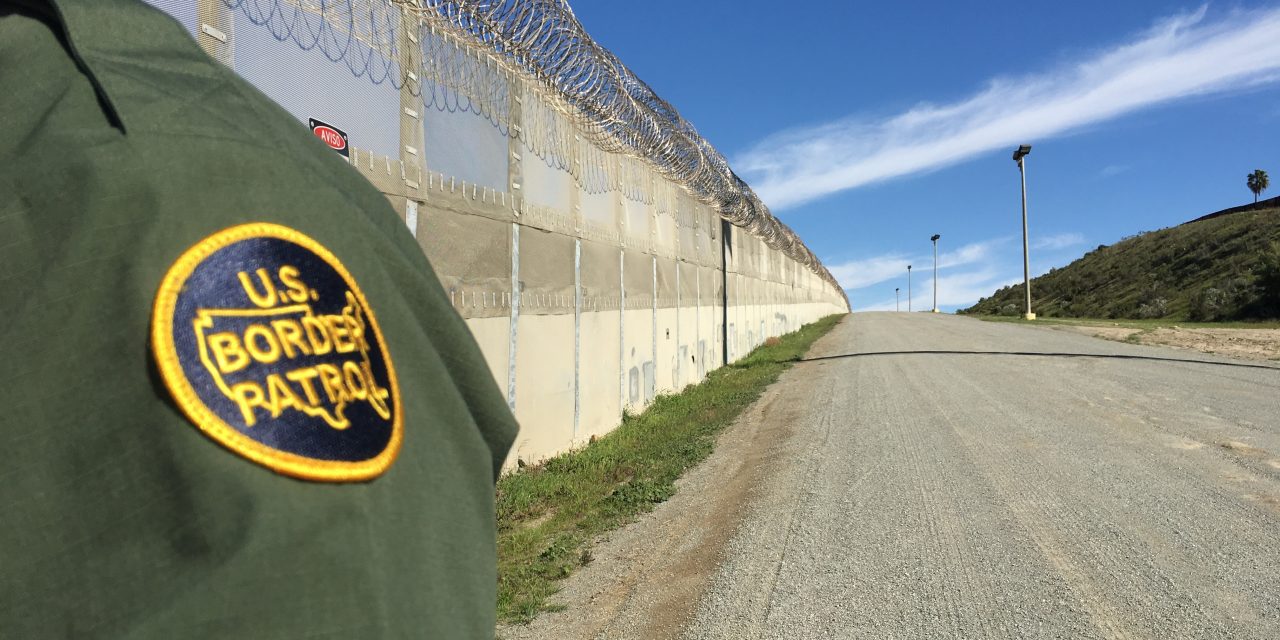The Department of Homeland Security Office of Inspector General (OIG) recently published a report analyzing U.S. Customs and Border Protection’s (CBP) treatment of noncitizens at the border in 2019. While the report critiques the agency for not meeting its own standards, it also allows CBP to avoid meaningful accountability for numerous failures in meeting the health needs of those detained.
In 2019, CBP apprehended over 850,000 people along the southwest border. As a federal agency that detains hundreds of thousands of noncitizens annually, CBP must ensure that the people it detains are provided with adequate medical care. To create a greater level of accountability, Congress requires the OIG to conduct unannounced inspections of the agency’s holding facilities with particular emphasis on evaluating the poor conditions of detention that have been documented for years.
After conducting unannounced inspections at 21 CBP facilities, the OIG found CBP struggled to meet detention standards based on serious overcrowding, extended periods of detention, and conditions falling below instituted standards. The report concludes with recommendations for CBP, however, that fail to address serious concerns with CBP’s provision of medical and health services.
Throughout 2019, organizations documented CBP’s inadequate medical and health response for those in detention in published reports and administrative complaints filed on behalf of people who experienced medical negligence, verbal and physical abuse, and inadequate medical care. In 2019 alone, seven children died while in CBP custody—an unprecedented number of child deaths.
One complaint surveyed 200 mothers held in family detention. 67 percent stated that their child was never seen by a medical provider while in CBP custody. Over half reported that their child did not receive medical attention after making the request to the agency. One mother recalled her three-year-old daughter vomiting ten times in one hour but was told by CBP officials she could not receive medical attention because of a quarantine for flu.
Another complaint described families feeling unsafe and frightened while in detention because of the physical and verbal abuse from Border Patrol agents. Families reported being sprayed with water bottles by agents for no reason other than the agent was capable of doing so. Many migrants reported that agents called them racial slurs and were even denied more food and clothing for their children because the agent’s stated they were responsible for their children’s suffering by choosing to come to the United States.
Despite this extensive record, the OIG did not investigate the well-documented reports of lack of medical assistance, nor did it address the physical and verbal abuse experienced by people in detention. The OIG’s only excuse for not addressing medical care was that it did not have inspectors with medical expertise. The only two recommendations made to CBP address the lack of telephone access for unaccompanied children in detention and the need to improve the handling of detainees’ property. By neglecting the majority of the issues raised in complaints, OIG’s report doesn’t hold CBP fully accountable for its detrimental impacts on thousands of vulnerable people.
The government must provide adequate medical care to all individuals that it detains in any context. Adequate screening and care are particularly important for people who are detained shortly after they arrive at the southern border due to the arduous and extended nature of their travel to the U.S.
Rather than providing meaningful oversight and recommendations that address CBP’s obligation in providing adequate health care services for those detained, the OIG chose to fixate on issues unrelated to pressing medical needs. OIG must do a better job acknowledging and describing solutions for CBP to improve its detention facilities that hold families and children in custody.
FILED UNDER: border patrol, Customs and Border Protection, featured, Office of Inspector General


